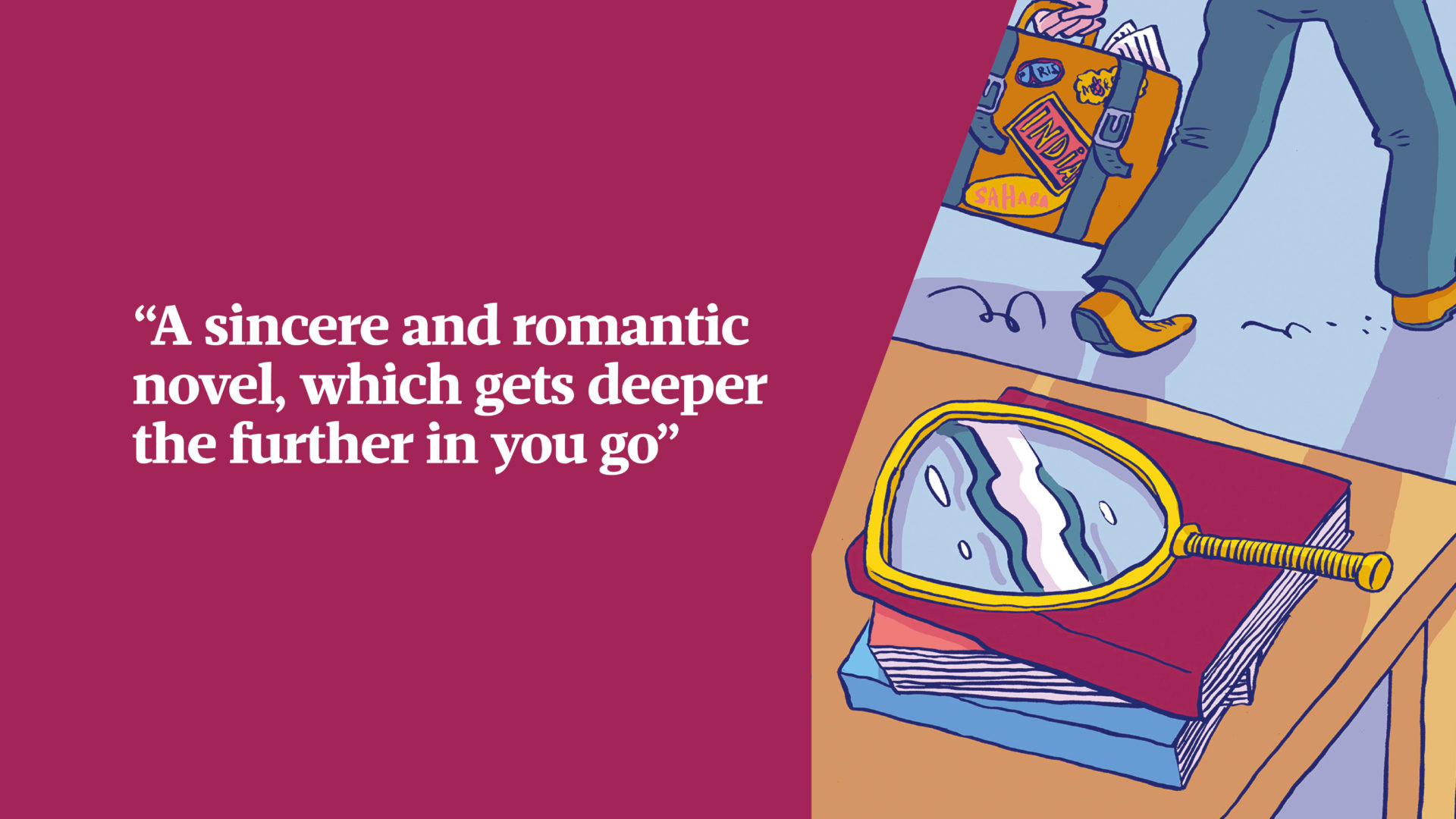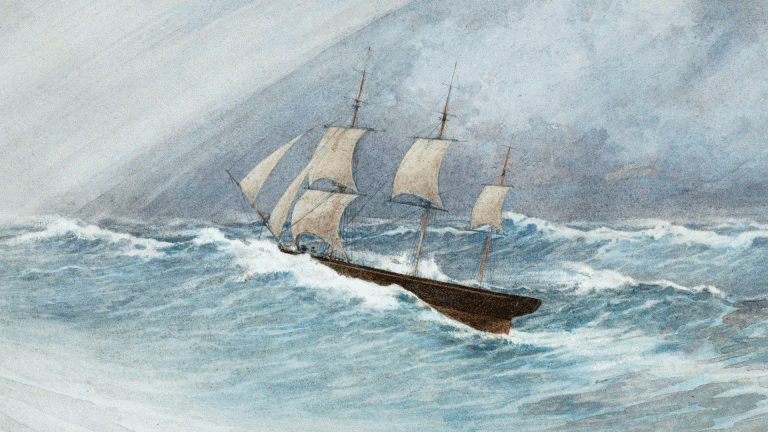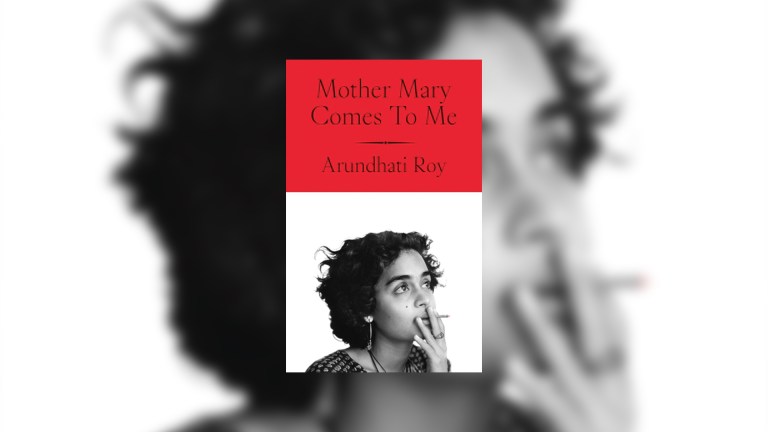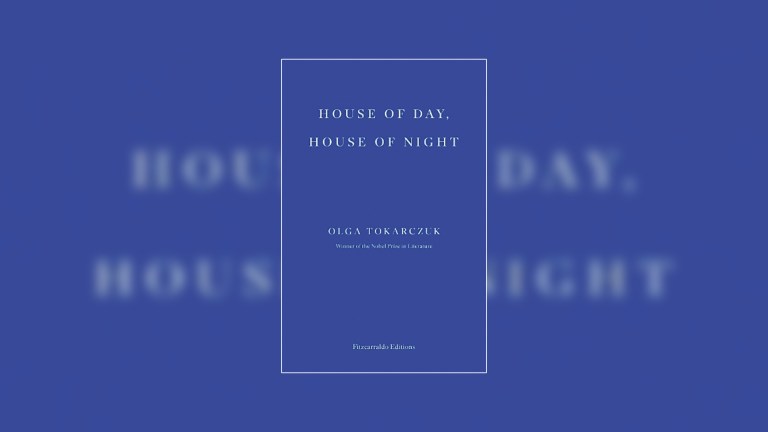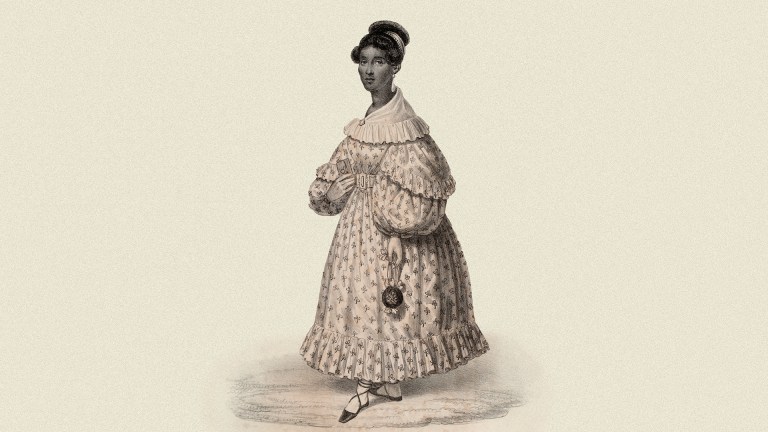San Franciscan novelist Andrew Sean Greer’s fifth novel Less arrives on this shore with a Pulitzer Prize for Fiction already under its belt. But anyone expecting a sensational tour de force will be disappointed – the charms of this light-footed, melancholy novel are soft and subtle.
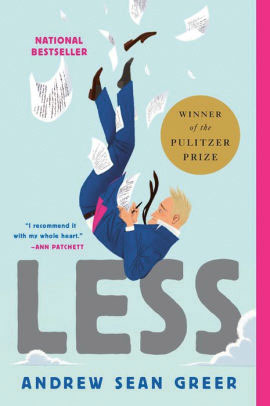
Greer’s comic tale centres on his titular hero Arthur Less, a mid-ranking middle-aged novelist; “too old to be fresh, too young to be rediscovered’. Requiring an excuse not to attend his ex-boyfriend’s wedding, he decides to attend every literary event he’s recently been invited to. The invitations themselves bear witness to his ‘subterranean stature’ – a number are motivated by his previous relationship with a much better known poet. But an itinerary which spins him from New York to Japan, taking in Mexico, India, Italy, and an expedition across the Sahara Desert, excites his novelist’s imagination and soothes his profound fear of being alone when he turns 50.
Less’s insights are often worthy and thought-provoking, and his blindness to his own little acts of courage and adventure make them ever more touching
Less is a nuanced, delicately sketched example of someone whose life has been dogged by feelings of inadequacy because he has spent decades indulging, and never combatting, such feelings. He dwells on the things he didn’t do, the decisions he didn’t make, the chances he didn’t take. He feels he’s ‘the only homosexual to grow old’ – rather like beautiful women, Greer suggests, gay men are only of interest to society when they’re young, lithe, and gorgeous. He has left no imprint on the world, and is defined by the things he lacks; a poet tells him he is like a person ‘without skin.’ But that sensitivity and vulnerability is what also makes him such an engaging literary host.
Greer’s easy rollicking prose floats along on a raft of delightfully pithy sentences whose epigrammatic nature only occasionally threatens to veer into John Green YA territory. There are laugh out loud moments but Less is not the hapless butt of a smug joke. As he travels. he notices, he aches, he suffers profound pangs and regrets. His insights are often worthy and thought-provoking, and his blindness to his own little acts of courage and adventure make them ever more touching. This is a sincere and romantic novel, which gets deeper the further in you go.
The brilliance of naming your anxious, insecure middle-aged hero Arthur Less must also be acknowledged. (Amis and Self must be kicking themselves). This bears numerous fruit beyond the obvious pun fun and ream of metaphors related to diminution and inferiority. Arthur is Less the man and Less the writer, devoid of a Mister, and of Art. A man whose name diminishes everything sharing a sentence with him – everyone looking for Less, wanting Less or caring Less. The restaurants providing for Less, the clothes, chairs, and beds made for Less. Dignity decrees that I avoid the most obvious pun of all, but rest assured, Less is… most awfully good.
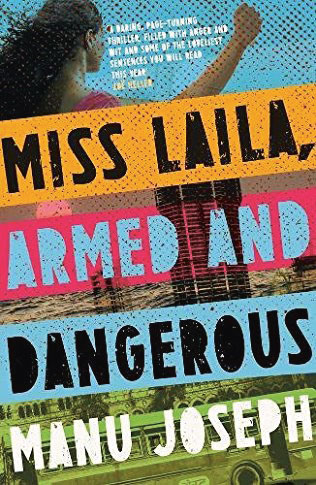
Delhi-based Manu Joseph’s Miss Laila, Armed and Dangerous is a more dazzling affair, equally as funny and wise. This sharp, witty satire of splintered modern India, a terror hunt set in the aftermath of a Hindu nationalist election victory, has gone down a storm in Joseph’s native land, and is now racking up a fervent international fanbase.
